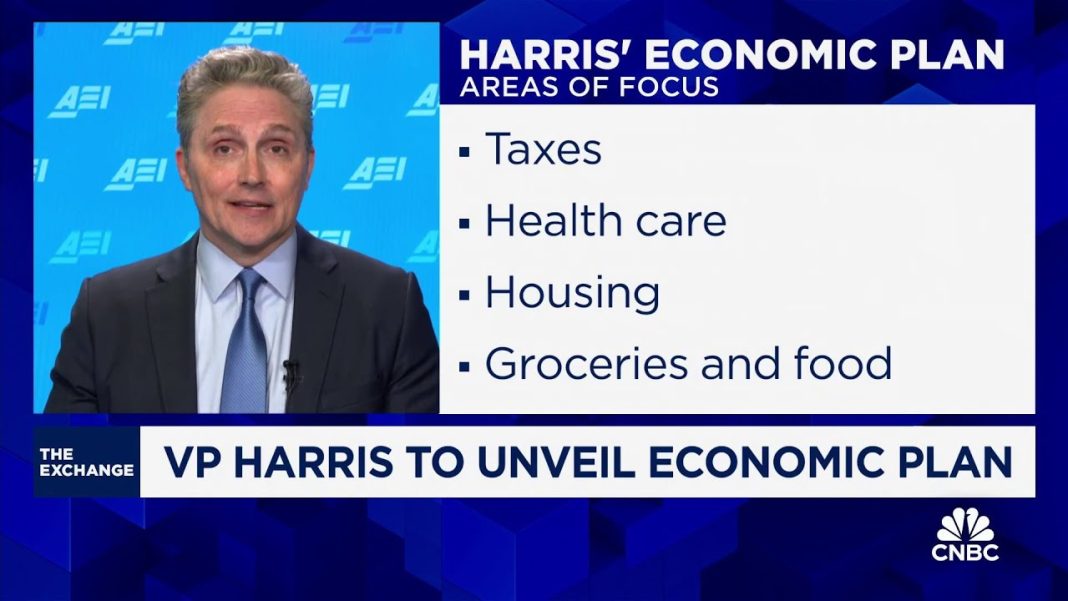 Nvidia, the Silicon Valley giant known for its graphics processors, is urging the Supreme Court to dismiss a shareholders’ fraud lawsuit. The company claims that the lawsuit is based on expert evidence that should have been rejected by a lower court. According to Nvidia, the shareholders falsely claimed that the company’s CEO made public statements that contradicted its own internal reports.
Nvidia, the Silicon Valley giant known for its graphics processors, is urging the Supreme Court to dismiss a shareholders’ fraud lawsuit. The company claims that the lawsuit is based on expert evidence that should have been rejected by a lower court. According to Nvidia, the shareholders falsely claimed that the company’s CEO made public statements that contradicted its own internal reports.
If Nvidia wins the case, it could set a precedent that makes it easier for companies to have shareholder suits summarily dismissed, saving them the costs of a full-fledged legal defense. This could have significant implications for future shareholder litigation.
The case, Nvidia Corp. v. E. Ohman J:or Fonder AB, is set to be heard by the Supreme Court in the fall. Nvidia argues that the shareholders failed to show that the company made false statements and that their “theory of fraud” is flawed.
This lawsuit comes on the heels of Nvidia’s agreement to pay $5.5 million to the U.S. Securities and Exchange Commission (SEC) to settle civil charges related to the company’s failure to properly disclose the impact of cryptocurrency mining on its gaming operations. The SEC found that Nvidia had not disclosed that crypto mining played a significant role in its revenue growth from sales of gaming chips.
The shareholders in the lawsuit argue that Nvidia was exposed to greater risk due to the volatility of cryptocurrency markets. They claim that after the company fell short of revenue expectations in November 2018, shares plummeted 28.5 percent in just two days. The shareholders allege that Nvidia’s CEO, Jensen Huang, contradicted earlier assurances about the company’s revenue growth, attributing the revenue miss to a “crypto hangover.”
However, Nvidia contends that the shareholders have not provided evidence of what any internal reports allegedly reviewed by Huang actually said. They argue that the shareholders hired an expert to create data and then filed a class action lawsuit based on that data, accusing Nvidia and its CEO of securities fraud for failing to disclose the invented data.
The Ninth Circuit, a U.S. Court of Appeals, reinstated the shareholders’ lawsuit in August 2023, finding their allegations legally sufficient to proceed with the case. Nvidia filed a petition with the Supreme Court, which was granted on June 17. Oral arguments are scheduled for November 13.
Nvidia’s brief filed on August 13 asserts that the Ninth Circuit was wrong to find that Huang knew about the alleged wrongdoing, as he was a hands-on CEO who would have reviewed internal records consistent with the expert’s opinion. The brief argues that the Ninth Circuit’s decision undermines the protections established by Congress in the Private Securities Litigation Reform Act to prevent abusive securities litigation.
The outcome of this case could have far-reaching implications for shareholder lawsuits and the requirements needed for securities fraud complaints. If the Supreme Court rules in favor of Nvidia, it could make it more difficult for shareholders to pursue claims against companies in the future.


